To mark Isa Genzken’s 75th birthday, the Neue Nationalgalerie is honoring the German artist with the exhibition Isa Genzken: 75/75, showing 75 sculptures spanning all phases of her oeuvre from the 1970s to the present. The presentation recalls displays of classical antiquity collections in its arrangement of individual sculptures in the Neue Nationalgalerie’s upper hall. In the configuration models, archetypes and assessments of the human and modern society emerge.
The sculptures are not hewn into form but rather embody in their heterogeneous materiality the technologies, plastic, concrete, decorations and functional objects that permeate daily life. Genzken transposes these reassessments and fluid framings into authenticity, beauty, absurdity and exaggeration. Her work derives from actualities, such as a window or the figure of an actor, which she then alters and distorts into her own realities and visual language. The individual, also her as an artist, and her biography are the instruments used in this scrutiny of Western culture’s ideals and types of production.
“The works are meant to function more as moving images than as sculptures, with a new view seen from every angle. Nothing is fixed or two-dimensional but rather cinematic,” said Isa Genzken in an interview in 2016. Visitors discover themselves being queried through the confrontation with familiar everydayness. Collages of personal worlds emerge. The viewers become participants, tools, and scales of measurement within the exhibition space, not least through reflections in the object surfaces.
75/75 is on view through November 27th at Neue Nationalgalerie, Potsdamer Str. 50, 10785 Berlin.

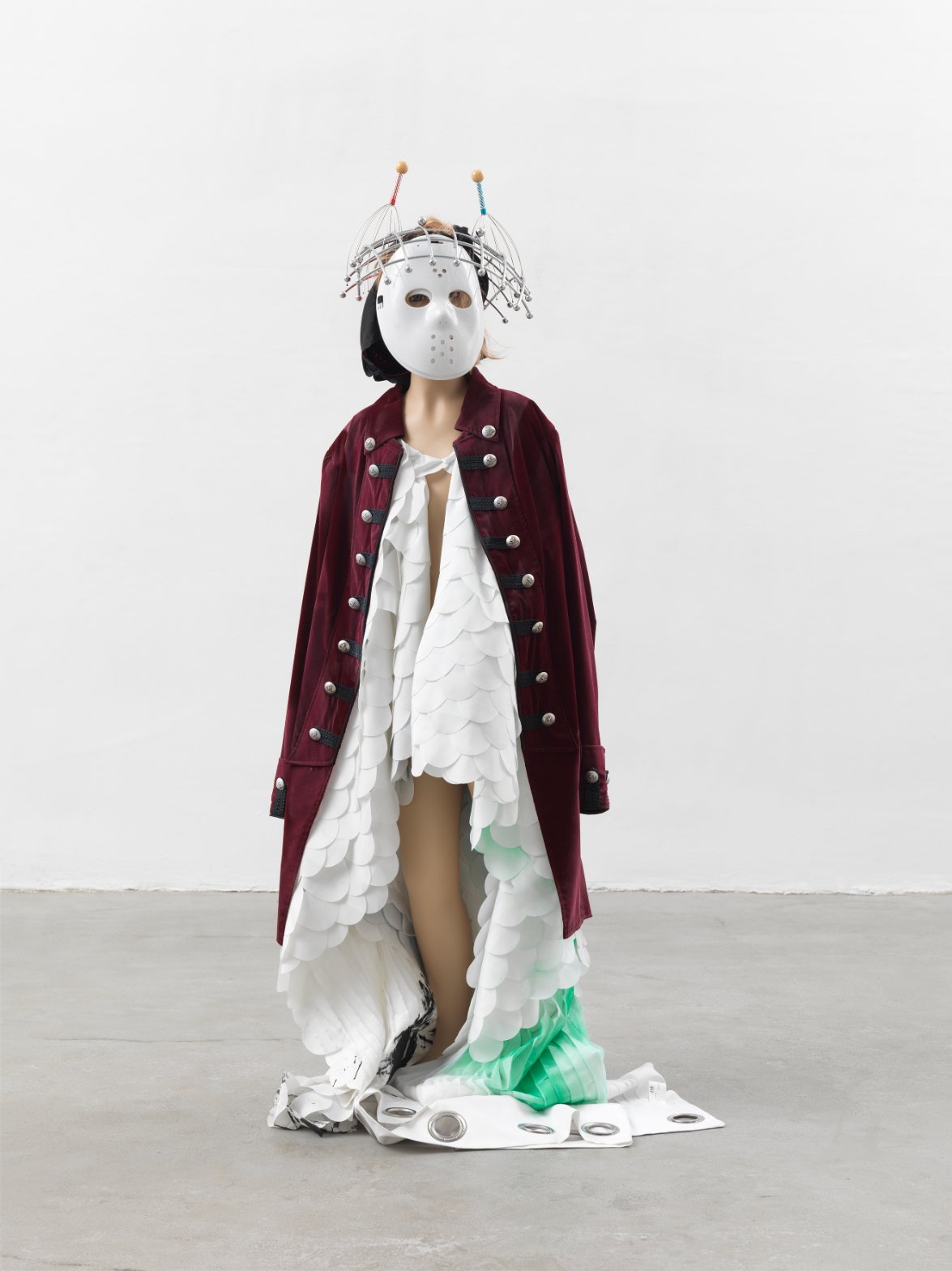
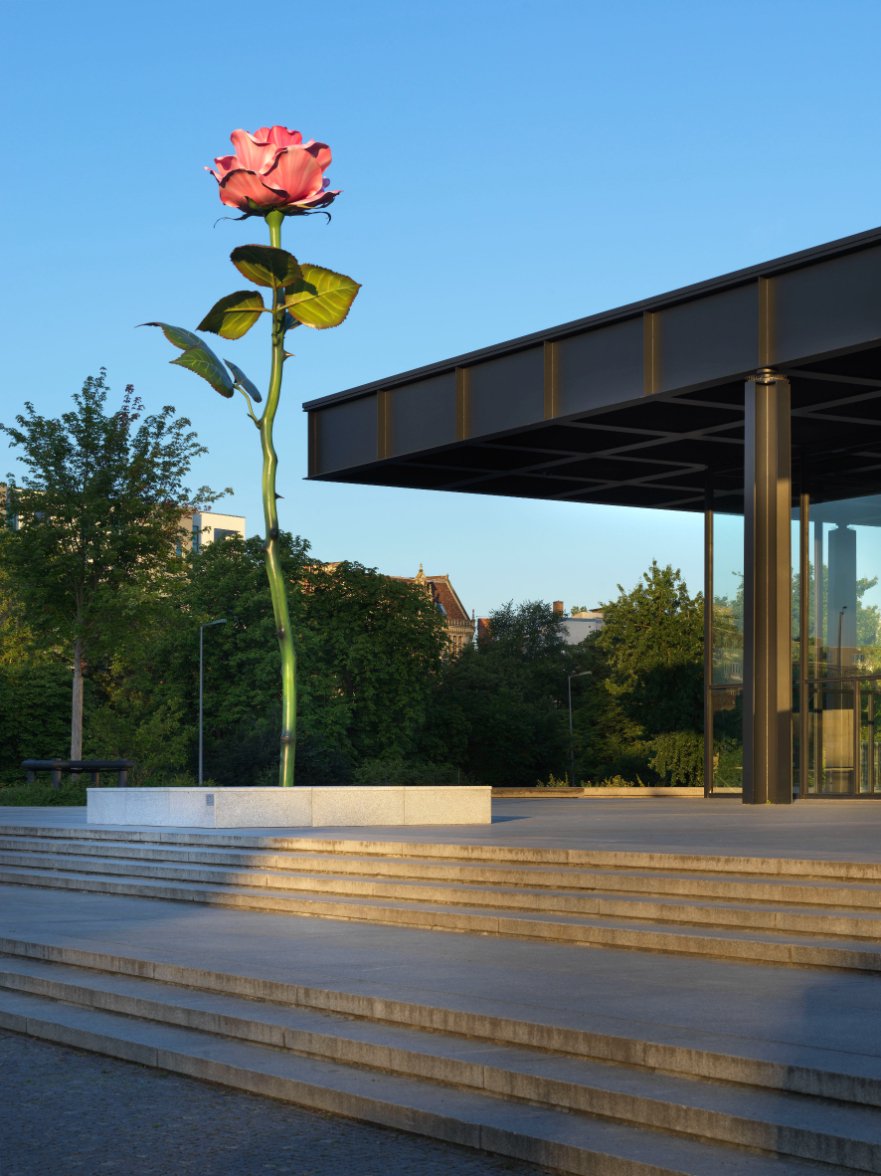
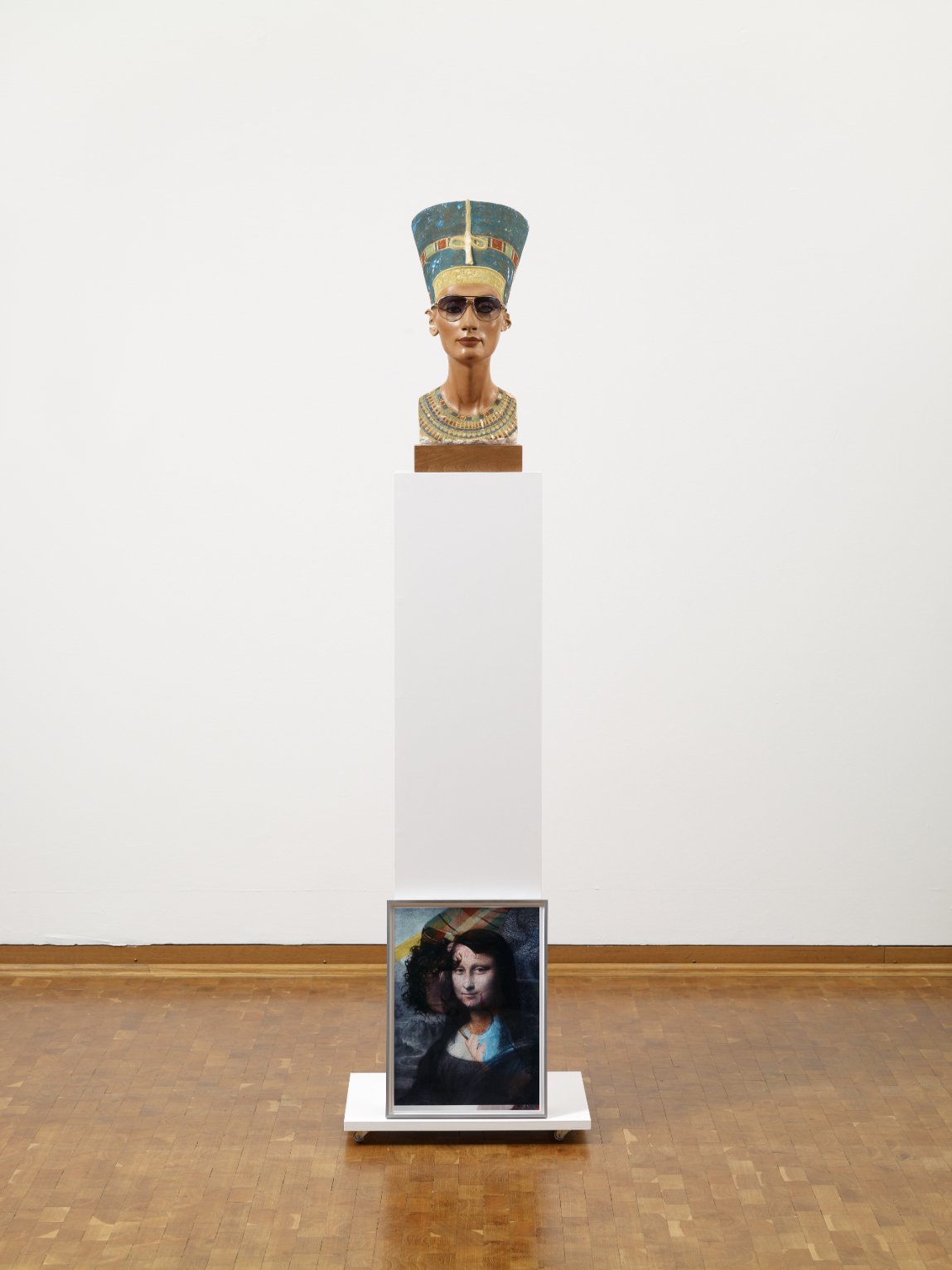
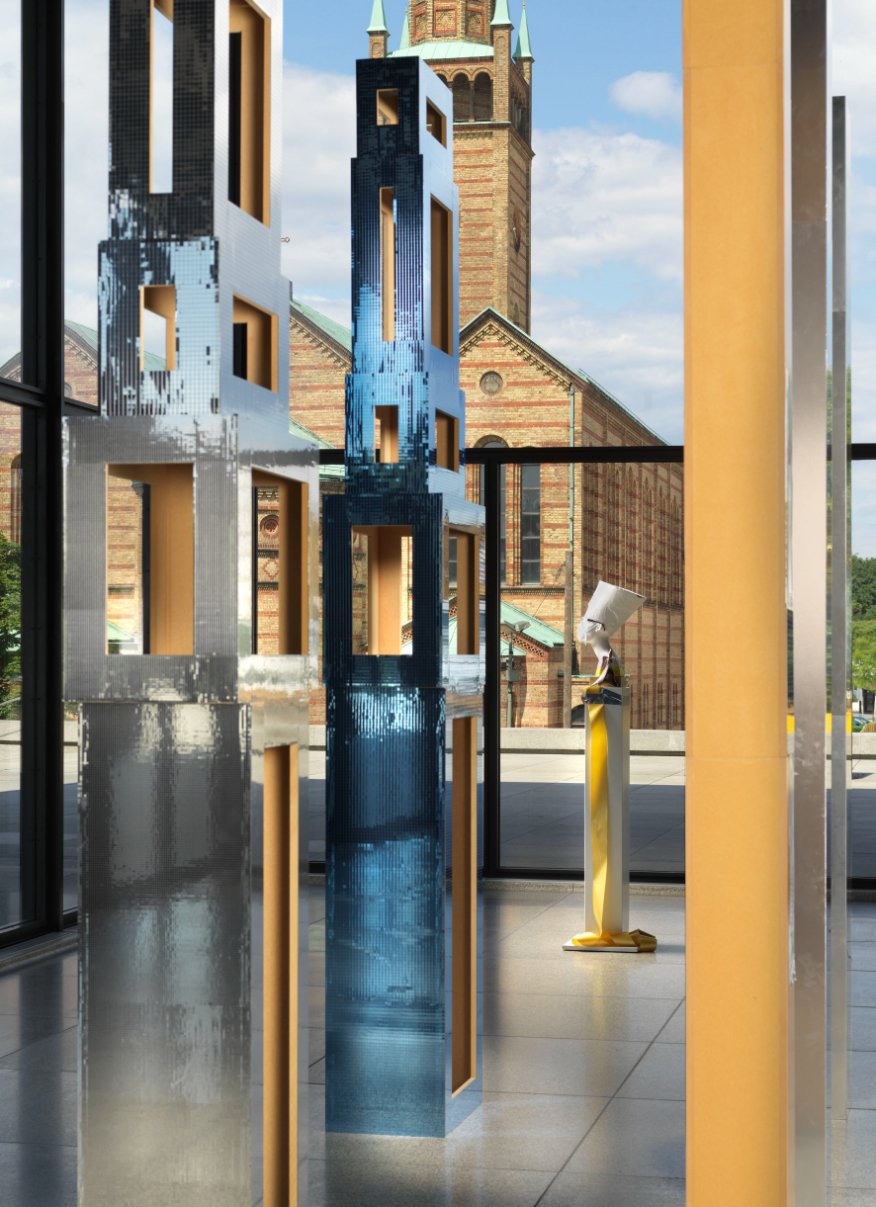
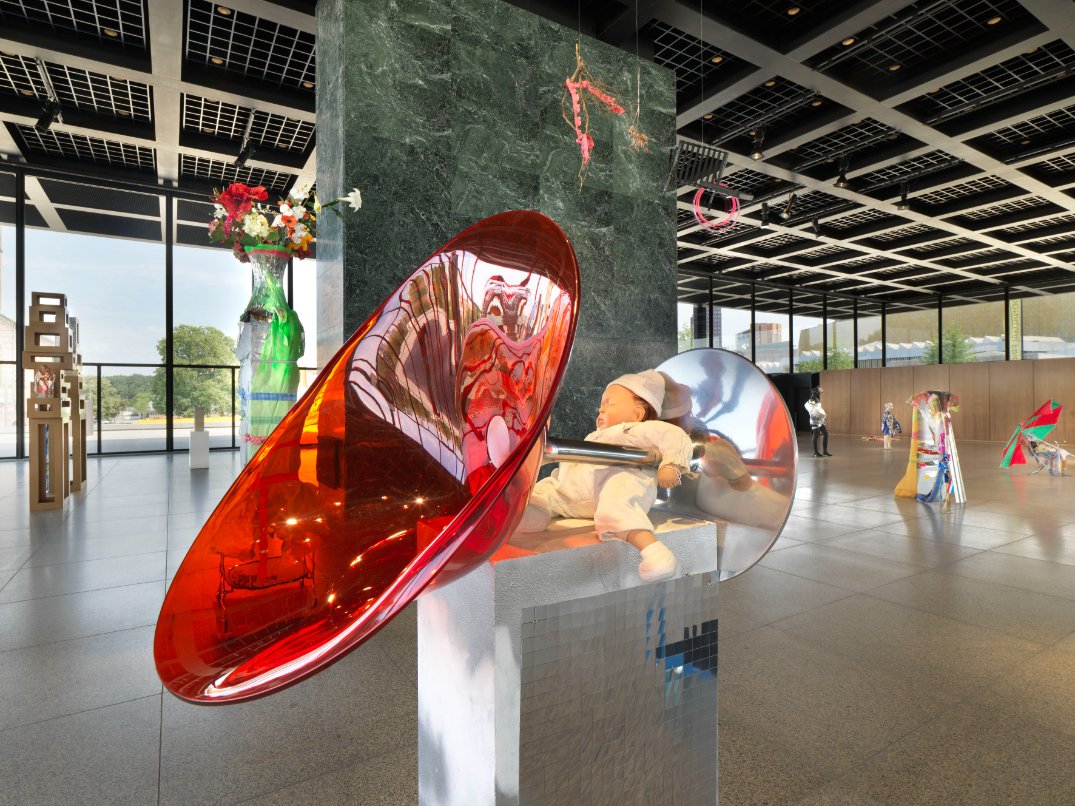

 Left: Klee in 1911, by Alexander Eliasberg Right: Flower Myth (1918), Watercolor on pastel foundation on fabric & newsprint mounted on board
Left: Klee in 1911, by Alexander Eliasberg Right: Flower Myth (1918), Watercolor on pastel foundation on fabric & newsprint mounted on board Paul Klee in His Studio
Paul Klee in His Studio